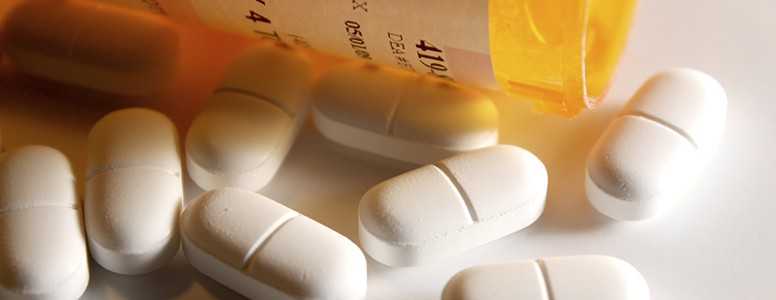The drug class SGLT2 inhibitors have again been linked with an increased risk of diabetic ketoacidosis (DKA) in a new study.
SGLT2 inhibitors have been approved to treat type 2 diabetes in the UK since 2013, but regular links with DKA, a dangerous short-term complication of diabetes if left untreated, have persisted.
In 2015 the US Food and Drug Administration (FDA) issued a warning about the drugs’ association with DKA, and the Medicines and Healthcare Products Regulatory Agency last year urged healthcare professionals to test for raised ketones in patients with DKA symptoms, even if their blood glucose levels were near normal.
In a new study scientists from Brigham and Women’s Hospital found that patients treated with SGLT2s are twice as likely to experience DKA compared to another class of diabetes medication.
However, the researchers stressed that this risk is still very rare: around one in every 1,000 patients will take an SGLT2 inhibitor will experience DKA.
A total of 40,000 patients taking SGLT2 inhibitors were reviewed by the researchers, and compared to patients who took a different type of medication, DPP4 inhibitors.
After 180 days, 55 SGLT2-treated patients had experienced DKA, compared to 26 of the DPP4 group.
Lead author Dr Michael Fralik said that while DKA is uncommon amongst SGLT2 patients, doctors need to be on the lookout for signs and symptoms of DKA among patients. These symptoms include dehydration, rapid heartbeat and vomiting.
“This is a side effect that’s usually seen in patients with type 1 diabetes […] – not type 2 diabetes – so doctors are not ‘on the lookout’ for it,” said Fralik.
“That means that the risk of this side effect might actually be even higher than what we found due to misdiagnosis/under recording.”
The study was published online in the New England Journal of Medicine.
What's new on the forum? ⭐️
Get our free newsletters
Stay up to date with the latest news, research and breakthroughs.





